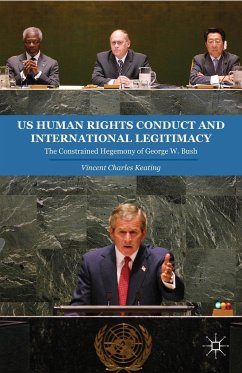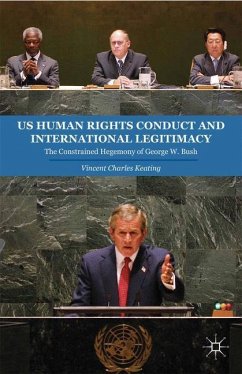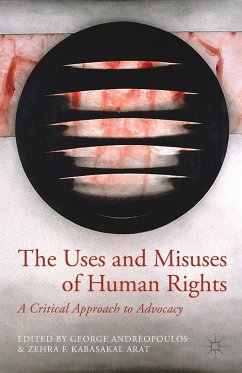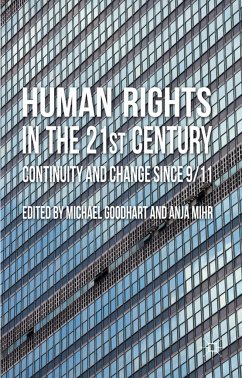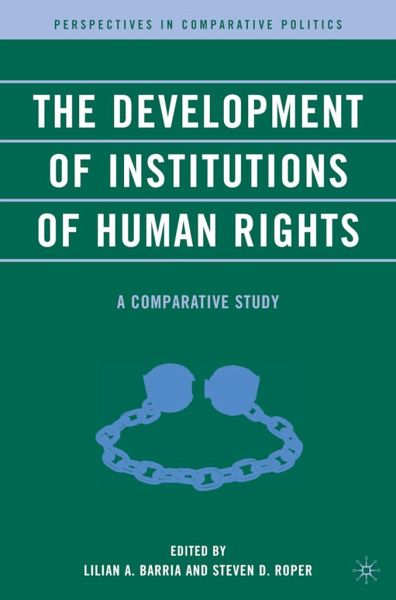
The Development of Institutions of Human Rights
A Comparative Study
Herausgegeben: Barria, Lilian A.; Roper, S.

PAYBACK Punkte
19 °P sammeln!
During the transition to democracy, states have used various mechanisms to address previous human rights abuses including trials, truth and reconciliation commissions and internationalized tribunals. This volume analyzes the transitional justice choices made by four countries: Argentina, Bosnia-Herzegovina (BiH), Sierra Leone and East Timor.






